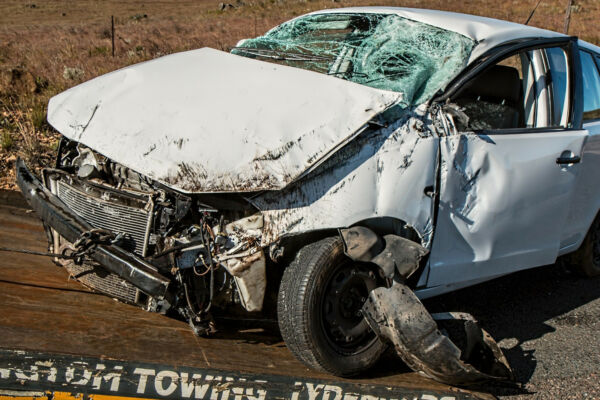Is A DUI A Criminal Offense?
Yes, a DUI is a serious criminal offense reflecting the significant societal concern regarding the dangers and implications of drunk drivers. The definition of DUI centers on impairment due to alcohol or drugs.
The risks associated with drunk driving are multi-dimensional. These risks include the impact on individual lives, property, legal standing, social relationships, and the economy. Penalties for DUI convictions are structured to deter drunk drivers and reflect the severity of the offense. These can be severe and include fines, incarceration, loss of driving privileges, and various other legal and societal sanctions.
Jurisdictions across America continually strive to balance the need for prevention, intervention, education, and punitive measures. The efforts to combat DUI involve law enforcement, the judicial system, policy-makers, communities, and individuals, all working together to reduce the risks and consequences of drunk drivers in society.
Legal Definition of DUI
Driving Under the Influence (DUI) refers to the criminal act of operating a motor vehicle while impaired by alcohol or other drugs. This includes recreational drugs and those prescribed by physicians. When someone is impaired to a level that renders the driver incapable of operating the vehicle safely, it is considered a DUI.
The amount of alcohol in your bloodstream is called Blood Alcohol Content or Blood Alcohol Concentration. The legal threshold often revolves around Blood Alcohol Content (BAC) levels. In most jurisdictions in the United States, a BAC of 0.08% or higher constitutes legal impairment for adult drivers. For commercial drivers and those under the age of 21, lower thresholds usually apply.
Risks Associated with Drunk Driving

Drunk drivers pose a serious risk on America’s roads. When someone is intoxicated, they are not thinking clearly. Combine this with the fact that they are in control of a mass of metal moving at dozens of miles an hour, and you can start to see the problem. Even though we don’t always realize it, driving a car is dangerous even at the best of times. When someone is impaired by alcohol or drugs, the risks increase significantly.
Just a few of the risks posed by drunk drivers include:
- Physical Harm: Drunk driving significantly impairs motor skills, reaction times, judgment, and concentration. This leads to an increased risk of accidents, injuries, and fatalities. The victims might be other drivers, passengers, pedestrians, or the drunk driver themselves.
- Damage to Property: Collisions resulting from drunk driving can cause substantial damage to life, vehicles, infrastructure, and private property.
- Legal Repercussions: Aside from criminal prosecution, a drunk driver might face civil lawsuits from injured parties seeking compensation for damages.
- Social and Family Implications: Drunk driving can lead to a loss of trust and reputation within the family, social circles, and the broader community.
- Economic Impact: The overall economic impact of drunk driving includes medical expenses, legal fees, property damages, and societal costs, such as emergency response services.
Penalties for DUI Conviction
The penalties for DUI convictions vary widely based on jurisdiction. Other factors that affect the penalties include the driver’s BAC level, previous convictions, and whether the offense resulted in injury or death.
These factors can determine whether a person is charged with a misdemeanor DUI or a felony DUI. The specific circumstances around a drunk driving arrest can make a huge difference. Depending on the specific charge, the penalties for a DUI can vary greatly.
Some of the most common DUI penalties include:
- Fines: Monetary fines can range from a few hundred to several thousand dollars.
- Imprisonment: Jail time may be imposed, especially for repeat offenders or if the DUI resulted in injury or death.
- License Suspension or Revocation: Losing driving privileges for a defined period is common, and in some cases, revocation may be permanent.
- Probation: Supervised release with specific conditions, such as regular check-ins, attendance at alcohol education programs, or community service, might be ordered.
- Ignition Interlock Devices: Some jurisdictions require the installation of devices that prevent the vehicle from starting if the driver’s BAC is above a certain level.
- Insurance Implications: Conviction may lead to increased insurance premiums or loss of coverage altogether.
- Mandatory Treatment Programs: Courts may mandate participation in substance abuse counseling or treatment programs.
- Record Impact: A DUI conviction usually results in a criminal record, which can affect employment, housing, and other aspects of life.
More DUI FAQ Resources
We have more information about DUI frequently asked questions. Learn the answers to some of the most frequently asked DUI questions in our articles below:
Find The Top-Rated DUI Lawyers Near You
We have listings for the top DUI lawyers in all 50 states and the District of Columbia. Find the best DUI lawyer for you by clicking on your state here.




